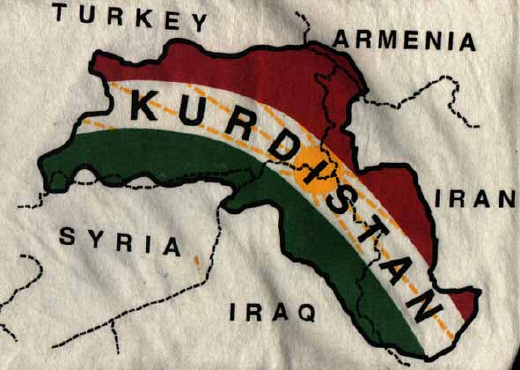 The aspiration for independence of the semi-autonomous Kurdistan region in Iraq is still being strongly supported by the ruling Kurdistan Democratic Party (KDP) amid international reticence from encouraging the planned referendum on independence.
The aspiration for independence of the semi-autonomous Kurdistan region in Iraq is still being strongly supported by the ruling Kurdistan Democratic Party (KDP) amid international reticence from encouraging the planned referendum on independence.
Hoshyar Siwaily, the head of Iraqi Kurdistan’s foreign relations and senior member of KDP, said gaining their independence “depends on the negotiations” they will have with Baghdad. The negotiations will determine the magnitude of the task that lies ahead, he said.
Siwaily outlined a series of steps towards independence, which begins with a referendum followed by negotiations with Baghdad before trying to persuade regional countries and the international community. This will lead to “the actual declaration of independence” as a fourth stage before finally seeking recognition from the international community and the United Nations.
Iraq’s central government is also against the project and warned that “no party can, on its own, decide the fate of Iraq in isolation.”
Neighboring Turkey has strongly opposed the referendum for independence and President Erdogan has warned that the Kurdish government would “regret it” because it is the “wrong way to go.”
UK’s Foreign Minister Boris Johnson said efforts towards independence “must be agreed with the government of Iraq in Baghdad” while underlining that Kurdistan’s timing of the referendum “will distract from the more urgent priorities of defeating Daesh.”
Hemin Hawrami, a senior adviser to Iraqi Kurdistan’s president, Masoud Barzani, said “all the reactions were expected”. He claimed that the remarks made “are not against democratic principles” but the “timing.” He said Barzani has been engaging with high government officials of other countries on the reasons behind their decision to gain independence as he claimed that “the Arab part of Iraq is divided already, and sticking to the ‘one Iraq’ policy is just beating around the bush without solving the issues that have led to regional instability.”
